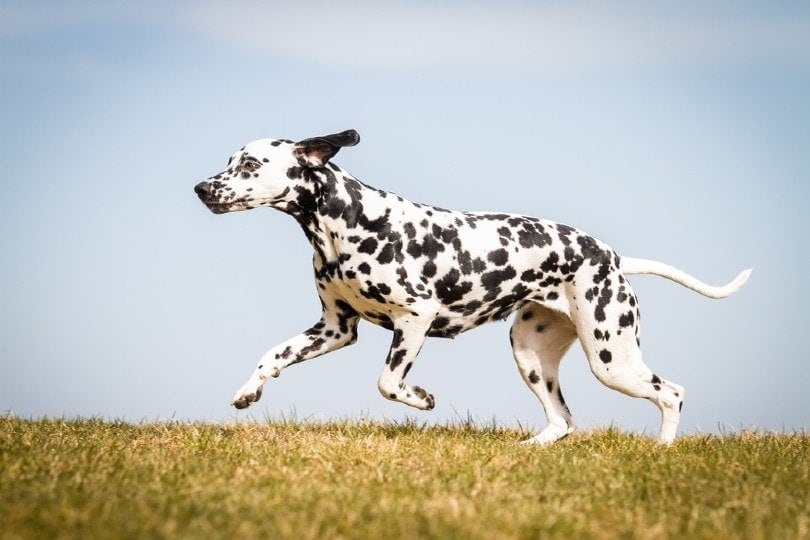CBD for Dogs Review 2024: Benefits, Uses & Safety
Updated on
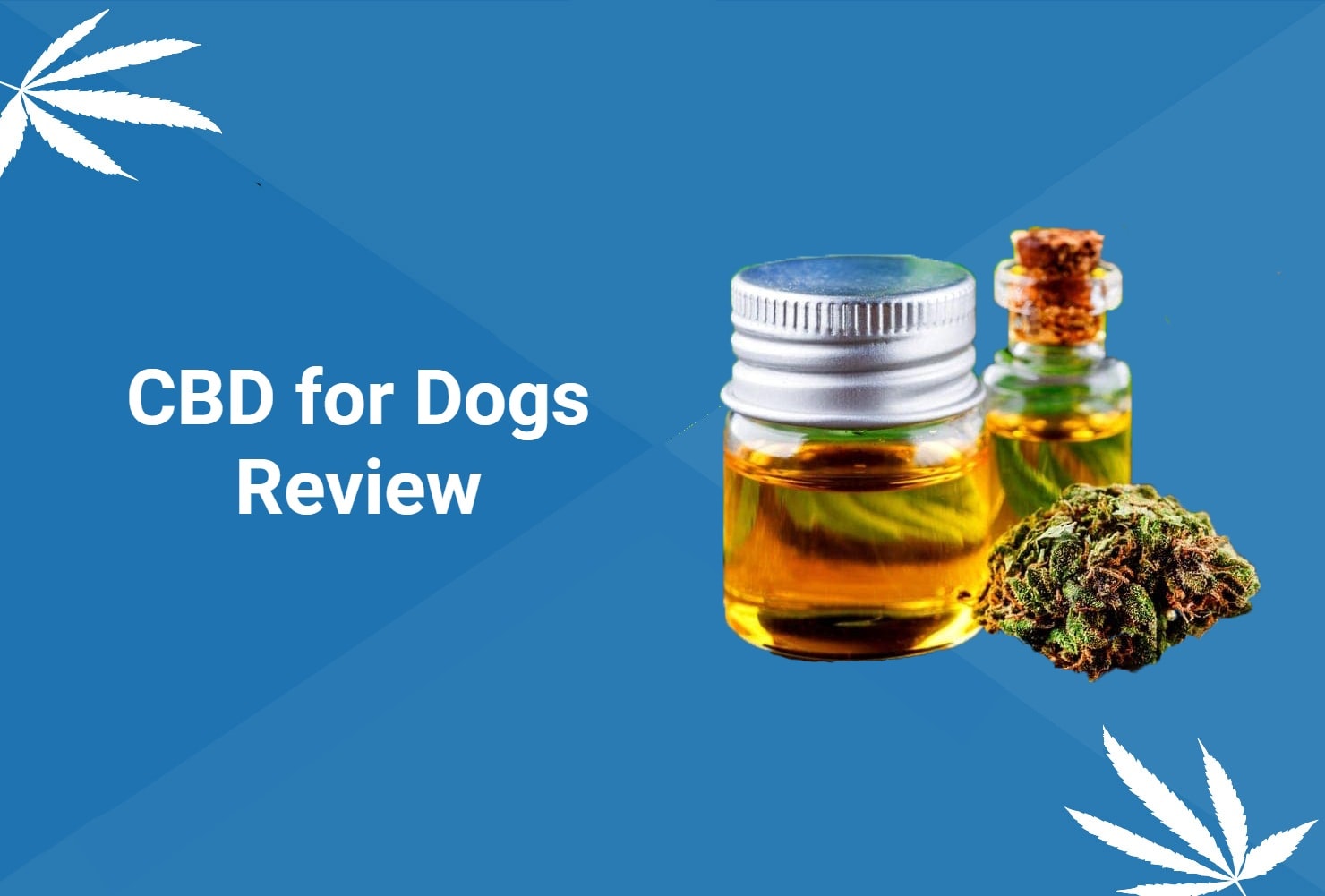
Review Summary
We give CBD for Dogs a rating of 2.5 out of 5 stars.
The market for cannabidiol, or CBD, is rapidly evolving. Few products have the same convoluted legal issues peppered with misinformation and confusion. It is an understatement to say that the problem is fast growing out of control, whether you’re talking about using it yourself or giving it to your dog. What is clear is that there are no OTC FDA-approved supplements for people or animals1, nor is it legal to market them.
The CBD door opened with the legalization of medical and recreational use of marijuana for humans. The passage of the 2018 Farm Bill2 and its rescheduling of industrial hemp for this use was changed. That means it is no longer outlawed through the Controlled Substances Act (CSA) as long as it has no more than 0.3% delta-9-tetrahydrocannabinol (THC).
The good thing about this bill’s passage is that it also made it easier for researchers to study it without ethical or legal concerns. However, the veterinary medicine community acknowledges the need for further research. That explains our cryptic ratings for these products. It’s a hotbed issue with the FDA actively going after marketers pushing the envelope with warning letters3. With all that said, however, there are some pet parents who believe in the potential benefits.
CBD for Dogs – A Quick Look
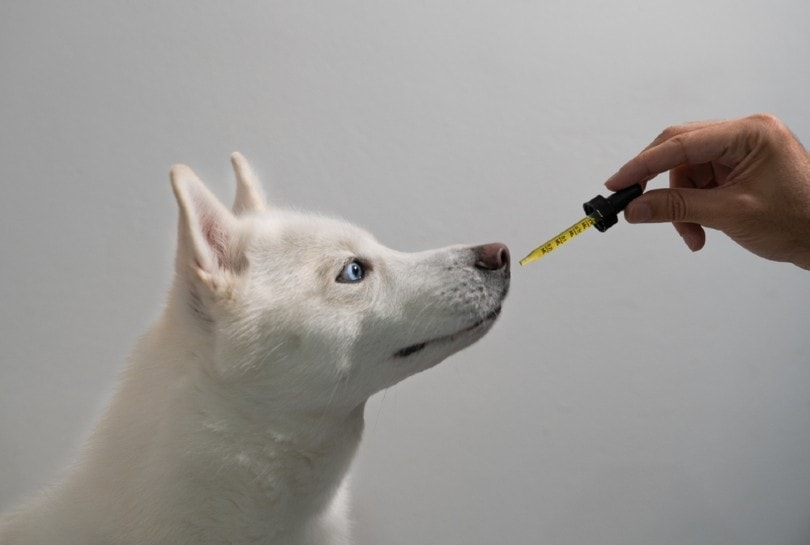
- Some efficacies for therapeutic use in dogs with osteoarthritis
- Possibly helps with seizures, anxiety, and pain relief
- Legal issues
- No set guidelines for optimal dosage
- No oversight in concentration or content
Specifications
Let’s start by addressing some of the history of CBD. The Dietary Supplement Health and Education Act of 1994 (DSHEA) opened the door for marketing these products to people only, not animals. Manufacturers can sell them as long as they don’t make unsubstantiated health claims or are misbranded. However, there is no pre-approval process. The FDA only steps in if there is a problem.
We looked at several products online. Many provide dosages, but the veterinary medical community has not determined what those amounts are. Furthermore, you can’t be sure what you’re getting without pre-market testing, which isn’t required.
| Forms: | Chews, oil |
| Legality as a dietary supplement: | Not legal |
| Safety for pets: | Unknown |
| Dosage: | Unknown |
Side Effects
Research is underway to investigate the therapeutic potential of CBD. Unfortunately, preliminary findings haven’t been encouraging. One study found elevations in liver enzymes in dogs given this compound to treat osteoarthritis-associated pain. More worrying was the fact that it didn’t appear to have any positive effects. Other findings have shown it can inhibit the body’s mechanism for metabolizing drugs. The latter is especially disturbing since many pets given CBD may be on other meds for treating osteoarthritis. It could affect the dosing of those drugs with the heightened risk of overdoses.
However, other studies have shown different findings. For example, Cornell University College of Veterinary medicine found that dogs given CBD at 4.4 milligrams per pound, twice per day showed improvement in pain relief and quality of life. According to the American Kennel Club, whether CBD is safe and effective simply depends on many different circumstances.
Toxicity
Symptoms of toxicity include vomiting, GI distress, lethargy, and loss of appetite. It’s worth noting there’s no known treatment. Veterinarians and pet owners are left with the possibility of merely treating the symptoms and providing supportive care until the animal can metabolize the CBD.
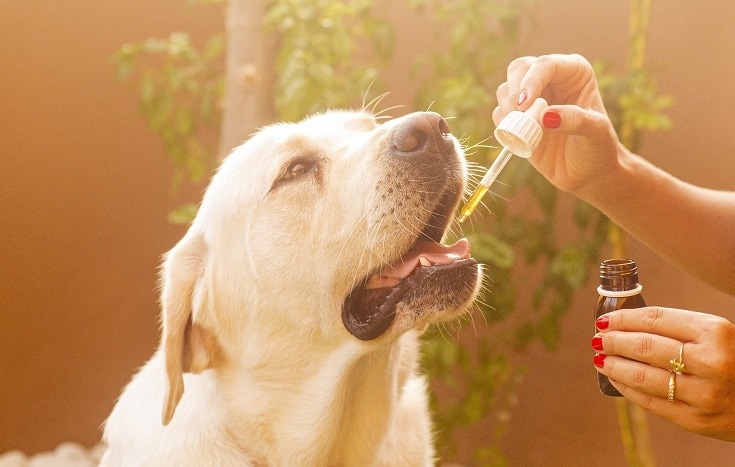
FDA Approval
This is one of the main obstacles with CBD for pets and humans. Currently, only one FDA-approved CBD drug exists for people. It’s used to treat certain types of seizures. This agency regulates medications before they go to market. OTC supplements don’t need pre-market approval as long as the ingredients are nothing new and are Generally Recognized as Safe (GRAS).
The problem is that a substance like CBD can’t be both a drug and an OTC supplement. That’s why it’s illegal for manufacturers to market them as the latter, even for people.
FAQs
Why are manufacturers able to sell CBD products?
CBD products are widely available online. Many sell them as hemp-based products to get around the legal issues. The problems and questions with this substance exist, regardless of the marketing or labeling.
Does CBD have a calming effect on dogs?
The honest answer is that there is no definitive answer. While some studies show that CBD is calming for dogs, other studies show otherwise.
Isn’t hemp GRAS?
Hemp is considered GRAS for humans but not animals. There are also concerns about giving livestock CBD or hemp-based products to animals destined for human consumption. It’s worth mentioning that the Association of American Feed Control Officials (AAFCO) has expressed its concerns about giving these substances to companion animals and livestock. This is the same organization that develops nutritional standards for pet food.
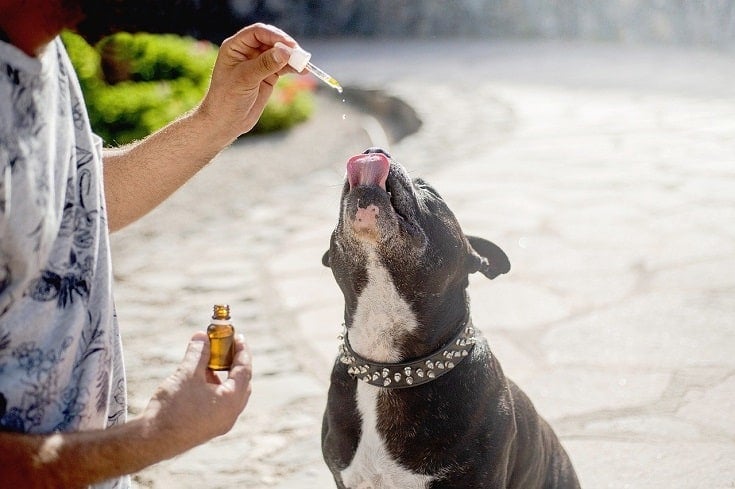
What the Users Say
Many reviews tout the benefits of CBD. However, when we visited some popular online marketplaces, an analysis of these reviews found that some were fake. For more accurate information, we suggest that you visit the FDA website for the latest updates on the research and facts about CBD.
Conclusion
As you’ve seen, the controversy surrounding CBD is anything but settled. The critical takeaway messages are that there are no legal CBD drugs or supplements for animals. The FDA is investigating how to regulate this substance. In cases like this one, we’d usually suggest discussing the matter with your veterinarian. However, be warned that it’s illegal for your vet to even engage in that conversation in some states.
Before giving your dog any supplements, we advise doing thorough research and speaking to professionals beforehand. While it may be beneficial in some scenarios, there are plenty of studies that show otherwise.
See Also:
- 7 Benefits of Raw Food Diet for Dogs (Based on Science)
- Can Dogs Drink Alcohol? Vet-Approved Toxicity Facts & Safety Guide
Featured Image Credit: Bukhta Yurii, Shutterstock





